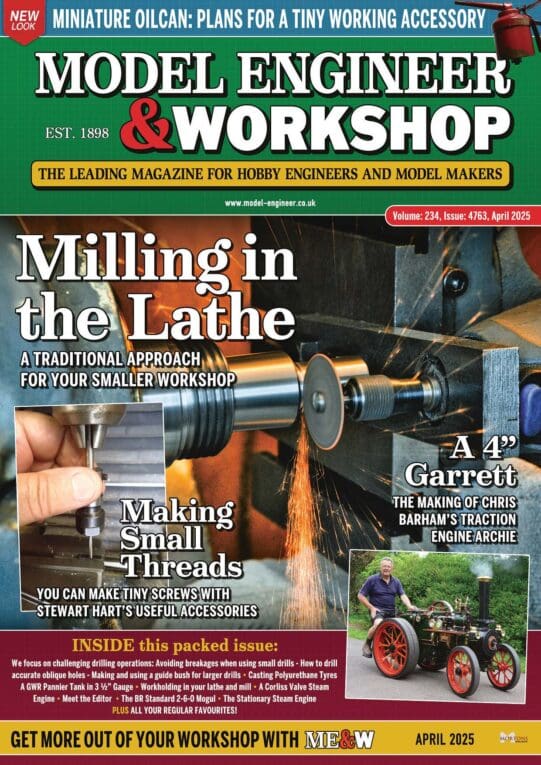Rich
Start by rooting around the internet and downloading one, or more of the books from older lathe makers who made smaller lathes for the training market. "How to Run a Lathe" is from SouthBend but similar from Atlas, Boxford, Hercus and others are all pretty much equivalent. Fundamentally a question of what style reads best for you.
If you expect to grind your own tools then grab SouthBend Bulletin Number 35, How to Grind Lathe Tool Cutter Bits, which is the best and most comprehensively consistent introduction to things I've yet found. Only 16 pages so its viable to print your own. Can be found on the 'net. Mine came via Scribd, a site I subscribe to.
The SouthBend Cutting tools data sheet is as good an introduction to angles an speed et al as can be found on one piece of paper. Only source I can find is **LINK**
http://vintagemachinery.org/pubs/detail.aspx?id=4834
Although the tools are shown mounted in Armstrong posts with built in rake the angles are correct for flat mount with the tip on centre height.
Bulletin 5910A on the use of the cutter bit grinding block is also interesting. Again Vintage machinery is the only source I can find **LINK**
http://vintagemachinery.org/pubs/detail.aspx?id=4831
Internet search will find various descriptions of how to make the beast and lists of dimensions should you fancy one as an early project. Its been on my "I really should" list for, um, er , 40 years!".
A cuttings speed graph, chart or nomogram is very useful. Especially for beginners. I've had the American Machinist Cutting Speed Chart no 30 stuck on the wall pretty much forever. Somewhat obsolete but being a nomogram its easy to see relative variations for different materials. Calculators are fine but they only give one data point so its hard to see how things fit together.
Downloads are great for basic reading and for printing out specific advice. Get a ring binder and a box of transparent wallets so you can keep printouts of useful "stuff" in the workshop in oily finger proof condition. But nothing beats a good book for reference. I've got "lots" but there are a few I always return to and know my way round. Style, presentation and having things explained in a way that suits you are important. I have a few that are frankly a waste of space for me yet others love them. I can see why opinions differ. For me the Sparey book suggested above has about 3 marginally useful pages!
When looking for a book its worth rooting around sites like Scribd to electronically have a quick flip through and short read before buying just as you would in a bookshop. I appreciate the potential copyright issues but its been very useful to me in spending my £30 or so on the right book for me. Hoovering up from recommendations and catalogues back in the day means I have hundreds of pounds worth of paper (in todays money) that, in retrospect, I didn't get value out of.
Abe books is a good resource for hard to find / used / cheaper as can be E-Bay if you wait and can stand wading through lists with lots of repeats.
Clive
Edited By Clive Foster on 19/06/2022 09:45:35
Howard Lewis.





